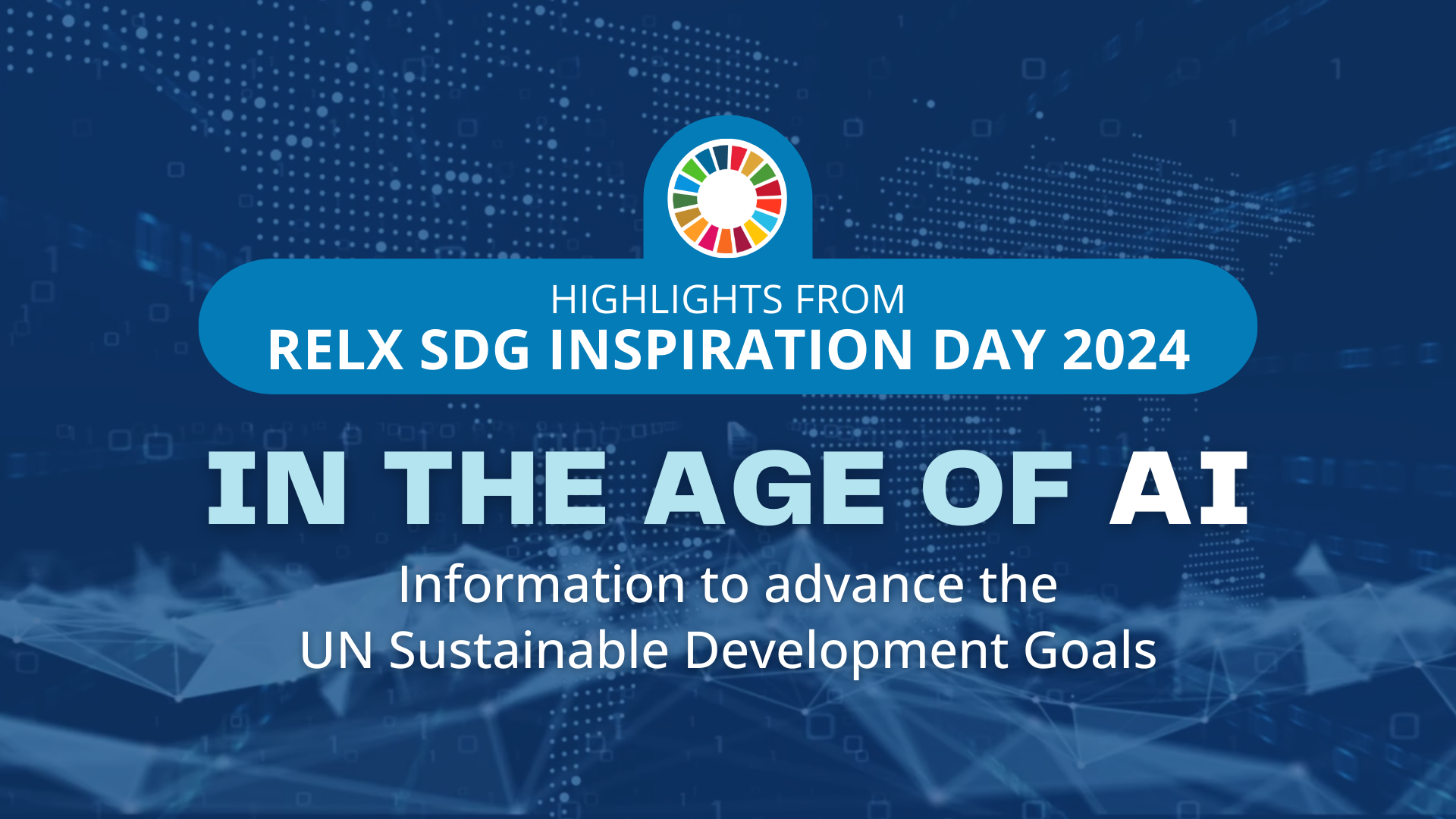Ocean and Coastal Management, Volume 254, 1 August 2024
One Earth, Volume 7, 16 August 2024
One Earth, Volume 7, 16 August 2024
Quaternary Environments and Humans, Volume 2, Issue 5, October 2024, 100023
The study of Laguna Bacalar's paleoecology during the Late Holocene provides important insights into how regional climate changes and sea level fluctuations have shaped the vegetation and ecosystems of this region, which can inform conservation efforts and climate adaptation strategies.
The Lancet Regional Health - Western Pacific, Volume 49, August 2024
The American Journal of Medicine, Available online 27 August 2024
The present mini-commentary on Alzheimer's disease describes recently revealed pathogenic elements, evolving capabilities for identifying unusually high individual susceptibility and developing tests that predict onset preclinically to allow preventative approaches. Several potential therapies that target cellular signaling and other pathways that are abnormal in Alzheimer's disease are in early clinical trials and will be reviewed briefly.
Progress in Neuro-Psychopharmacology and Biological Psychiatry, Volume 134, 30 August 2024
More than 1100 people came together virtually on 18 June 2024 for the tenth edition of the RELX SDG Inspiration Day: "In the Age of AI: Information to Advance the UN Sustainable Development Goals (SDGs)." The annual online event brings together thought leaders, corporate representatives, students, investors, governments, and NGOs to explore pressing issues, gain practical insight, and inspire action on the United Nations Sustainable Development Goals (SDGs).

